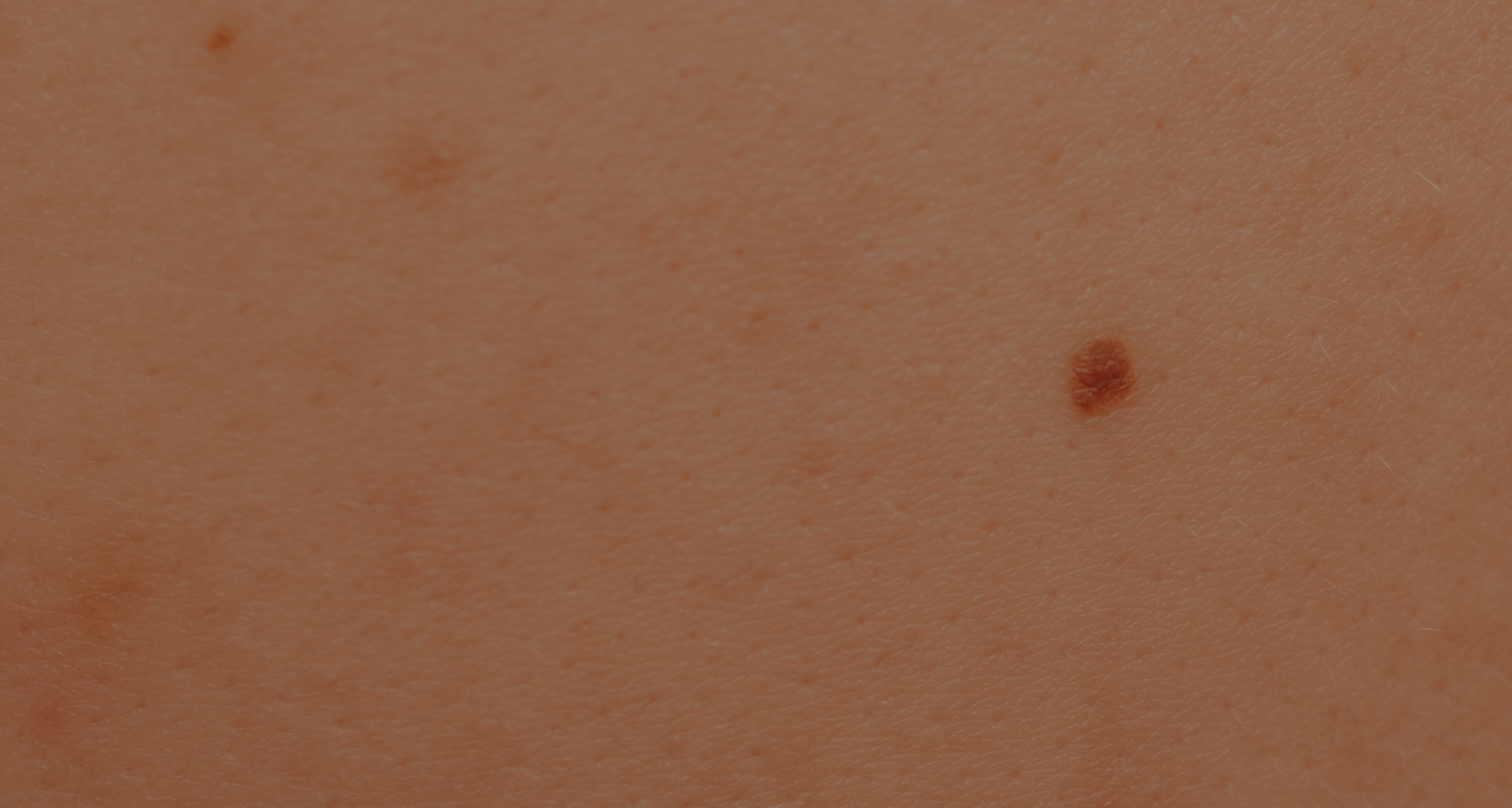Improved diagnostics

Skin cancer
Skin and
degeneration
As the largest human organ and external barrier, the skin is constantly exposed to environmental influences. This can inevitably lead to injuries and also degeneration. In addition to inflammatory lesions, such as eczema, the skin is a target for cancer. Skin cancer is a frequently occurring form of cancer in Germany. However, early and targeted diagnosis can minimize the risk and long-term consequences.
As the largest human organ and external barrier, the skin is constantly exposed to environmental influences. This can inevitably lead to injuries and also degeneration. In addition to inflammatory lesions, such as eczema, the skin is a target for cancer. According to the Robert Koch Institute, skin cancer is the most common form of cancer in Germany, with over 200,000 cases per year. However, early and targeted diagnosis can minimize the risk and long-term consequences.
Types and
occurrence
By definition, there are two types of skin cancer – the so-called malignant melanoma and the non-melanoma skin cancer. Malignant melanoma is the skin cancer with the highest mortality rate in Germany. Non-melanoma skin cancer can be further divided into basal cell carcinoma (BCC) and squamous cell carcinoma (SCC), also known as epidermoid carcinoma.
Types and
occurrence

Diagnosis of skin cancer can be difficult. Status quo is a visual examination by the physician, often with the help of an analog dermatoscope. This subjective approach depends on the experience and quality of the physician. In case of a conspicuous lesion, the physician decides to observe or biopsy it. In the case of excision, the removed tissue is examined histologically in the laboratory. The patient is then given a final diagnosis. In most cases, this is negative (no cancer, biopsy was unnecessary).
Do you have any questions?
Here, we answer the most important things for you.
Links regarding
skin cancer
Deutsche
Krebshilfe
Deutsche
Krebsgesellschaft
Hautkrebs-screening.de
American Academy
of
Dermatology